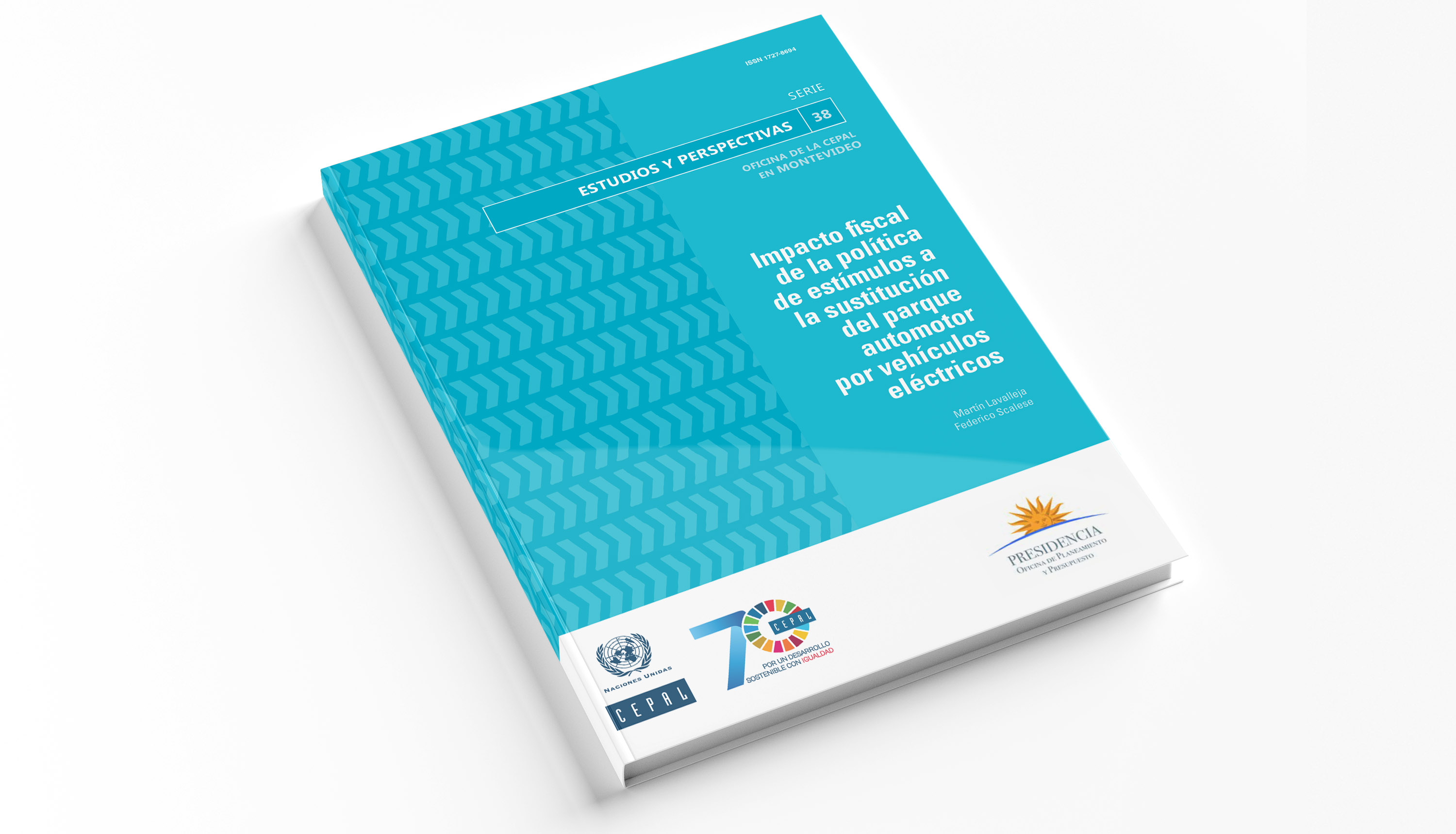Announcement
In the framework of a cooperation agreement between ECLAC and the Planning and Budget Office of the Presidency of the Oriental Republic of Uruguay, the United Nations regional organization’s office in Montevideo carried out a study on the revenue impact of tax policy incentives for replacing the automobile fleet with electric vehicles.
In line with global trends, Uruguay has developed a tax benefit scheme to stimulate the incorporation of electric vehicles. Current vehicle-related tax collection accounts for approximately 10% of the total revenue of the General Taxation Directorate (DGI), representing more than 2 points of GDP.
According to the study, the current system of tax benefits planned for electric cars would cause a revenue reduction that must be estimated and projected for the coming years. With this objective, it analyzes the international and regional situation, the structure of incentives and revenue, as well as the profitability of investments in this type of vehicle.
According to the research, growth in global sales of electric vehicles has been very significant in recent years, reaching a figure of around 1.2 million units sold in 2017. With regard to market share, Norway stands out with 39.2%, followed by Sweden with 6.3%. In the rest of the countries, the market share of electric vehicles does not exceed 3%.
The analysis of Uruguay’s situation shows that the South American country offers favorable conditions for the incorporation of electric vehicles, since 98% of electrical energy is generated from renewable sources, the distances involved in moving around the country tend to be short, and there is a series of tax incentives in place for their incorporation.
According to the analysis carried out and different suppositions about the relevant variables, the study estimates distinct future scenarios regarding the share of electric vehicles in the overall market. Thus, it is forecast that revenue loss with the current incentives structure as of 2030 would amount to $15 million, $26 million and $46 million dollars, respectively, with market shares of 5%, 10% and 20%. In addition, a scenario of 100% market share of electric vehicles starting in 2025 would lead to a revenue loss of $625 million dollars in 2030, which is equivalent to 5% of the DGI’s total revenue in 2017.



